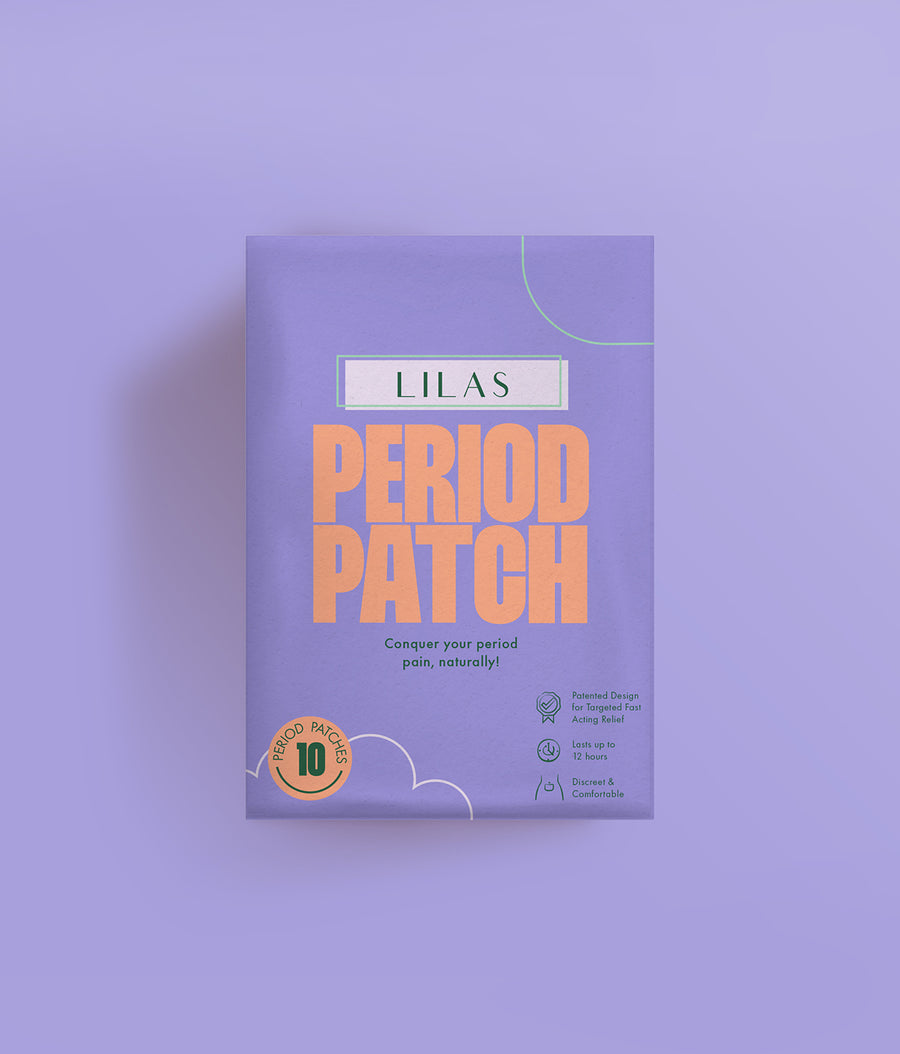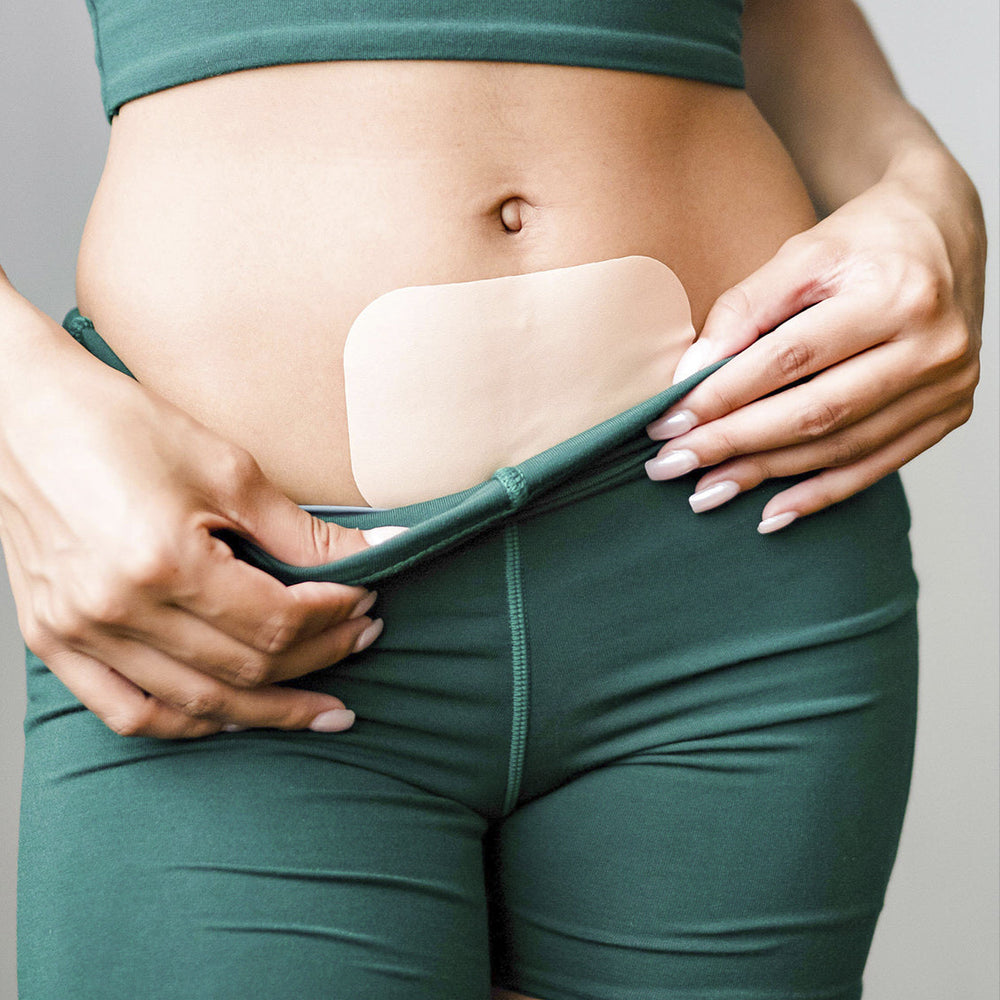Will COVID-19 Vaccines Impact My Period?
With the influx of COVID vaccines over the past couple of months, we can more easily imagine a world more like the one we remember from before the pandemic. However, we have to stay vigilant and know that the pandemic is not over. We need to stay intentional about following the Centers for Disease Control and Prevention (CDC) guidelines, even after we are fully vaccinated. And, perhaps most importantly, we should encourage our surrounding community members to get vaccinated without minimizing their concerns. In the United States specifically, as of April 19, 2021, everyone 16 years or older is eligible to receive a COVID vaccine. With that said, one of the most important parts of encouraging vaccination is having candid discussions about potential risks and side effects. For example, recently, doctors and medical researchers have started to investigate the extent to which the COVID vaccine affects womxn’s menstrual cycles. While this ongoing research should not curtail vaccination efforts, it is worth gathering more data on how the vaccine impacts different women’s bodies.
Some women have shared their experiences with changes in their periods that appear to correlate with when they got their vaccine. Most notably, women have indicated shifts in the timing and heaviness of their menstrual flow. Some have indicated that their periods have been heavier than normal, while others have mentioned early starts or delays. Of course, it is hard to say whether or not these shifts are directly caused by the COVID vaccine itself. Correlation is NOT causation. The regulatory systems surrounding our menstrual cycles are so complex that all kinds of factors can contribute to these shifts. Overall at least, it appears that if there is a modulation or shift to a period, these side effects are often temporary and shouldn’t cause major concern in the aftermath of receiving the vaccine. Even still, suggesting that there is absolutely no data to indicate that the vaccine has an impact on the menstrual cycle is also reductive, especially if multiple women are starting to note a connection. In fact, in a recent study conducted among 237 women of child-bearing age who contracted COVID-19, about 20% of participants experienced a menstrual volume decrease or a cycle prolongation. Given the relationship between the COVID virus and the vaccine characteristically, it makes sense that some women may experience these shifts after the vaccine due to the activation of their immune systems. To gather more information about this evolving discussion, a research team at the University of Illinois is conducting a survey about menstrual experiences after the COVID vaccine. I personally look forward to learning more as this research develops.
To be clear, anyone who can get vaccinated should get vaccinated, but people need to be informed so that they can make the vaccination decisions that are best for them. More information is meant to provide more agency in decision-making toward action, not to discourage action itself. Though it is great that research considering the connection between the vaccine and menstruation is happening now, it is a bit too reactive. Hopefully, the healthcare system will respond to women voicing their experiences by being more proactive in considering impacts on menstruation in essential clinical trials. Even if the potential impact of the COVID vaccine on menstruation may not be drastic and the pros ultimately outweigh the cons, menstrual cycle changes should be rightfully prioritized in research. The menstrual cycle is too important to female health and to family development to be minimized or overlooked. We at LILAS Wellness encourage you to prioritize getting vaccinated if it’s in your best interest healthwise. Of course, throughout each step of the process, do not hesitate to voice your concerns and experiences with your doctor. Navigating these potential vaccine side effects will bring all of us one step closer to experiencing life post-pandemic. For more information about getting vaccinated, please visit https://www.cdc.gov/coronavirus/2019-ncov/vaccines.

Leave a comment